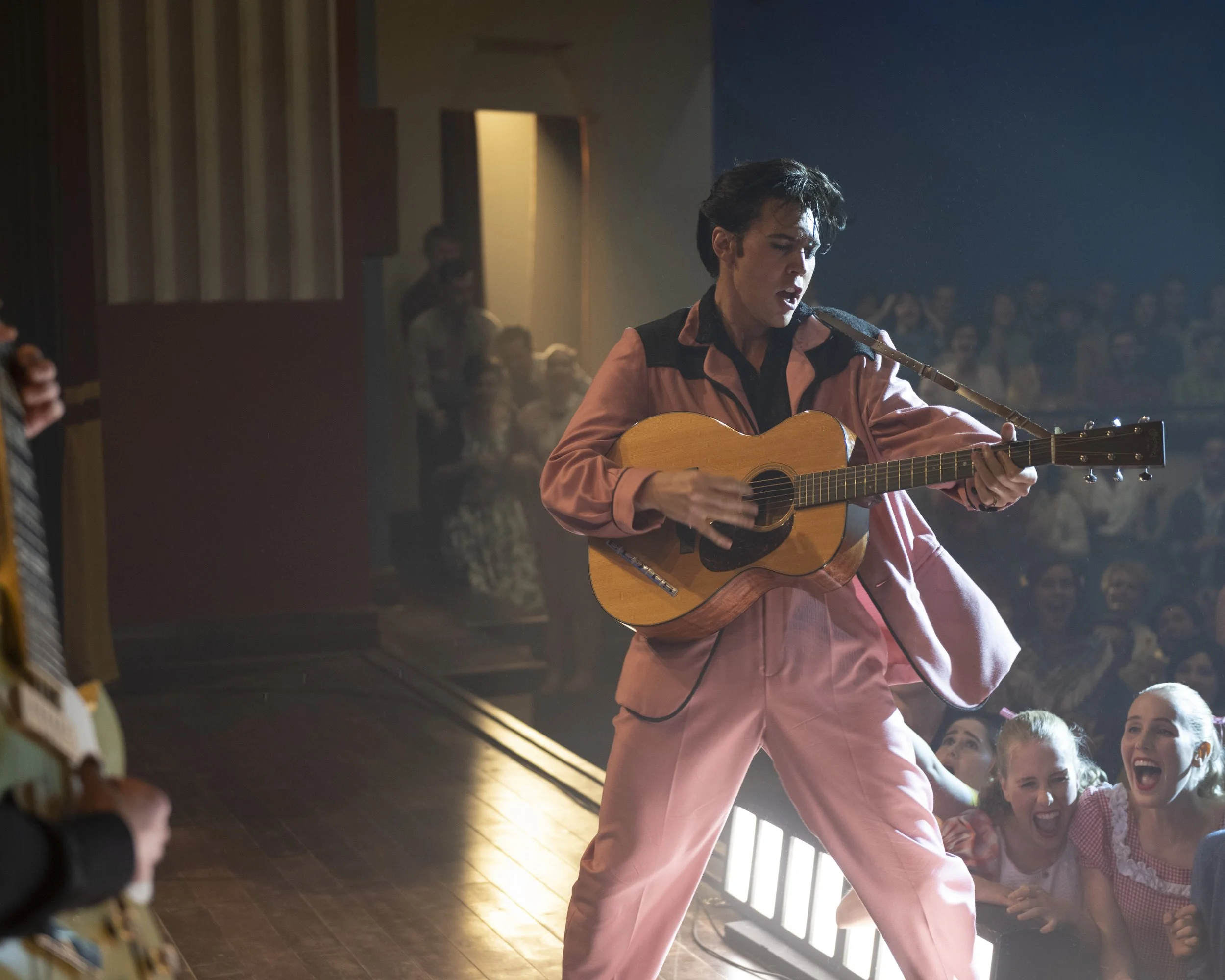Feel Good Season 2: Mae Martin and Charlotte Ritchie talking about Queer sex onscreen, gender identity, relationships and more.
Fran: Do you think this show is for anyone?
Mae: I think I was very positively surprised by the response to Season 1, and it meant a lot that it reached people across all demographics. That has to be the goal. It contains a lot of themes that seem topical or “youth skewed”, but I love that the show is so universal in its relationships and themes. My parents’ friends like it.
Charlotte: I agree, it’s got a big intergenerational audience, because it is so universal in how personal and detailed it is. People have connected with it on levels that we wouldn't expect, especially with characters that you wouldn’t normally expect people to have an affinity to. But that’s what I found so astounding; the more specific you are, the more people tend to relate.
Fran: How do you think the industry is addressing inclusivity and diversity on screen?
Mae: I’ve definitely seen a positive change in the past few years with authored and really specific stories. I think that will feed more and more. The more we see content that is accessible to every demographic, the better. I have definitely noticed a change, but there is also more that could be done, particularly around crewing and production. But it is definitely moving in the right direction.
Fran: If you could give some advice to production companies / writers out there, around Gender identity and Queer sex onscreen - what would you share?
Mae: To get that authenticity, you really do need the right people telling that story, to ensure that they know the details.
Charlotte: I think it’s also about broadening your reach, with high levels of representation. The people calling the shots ought to look in the corners where they wouldn’t instinctively look in. As long as you are conscious of where your bias looks and try to challenge that all the time, then that is where the real change happens.
Fran: What is your writing process for the series?
Mae: I write with my amazing friend, Joe Hampson. We’ve been writing together since 2012, pitching many things, and this is the first thing that really stuck. But we sit in a room together and we do a really detailed outline that is bulletproof - even down to dialogue and details of that scene - so that when we start actually scripting it, we know exactly what we are doing. We sit in the same room together, and it’s six months of sitting in the same room with your best friend just writing, playing guitars and watching game shows.
Fran: How are you feeling about the pandemic?
Mae: I don’t know how to process it yet. I am still in it. I have just been taking it day by day. I am really homesick, as I haven’t seen my parents since before Season 1. I am really looking forward to getting back to seeing them.
Charlotte: I think what really struck me, is the lack of communal gatherings. Of all the things that humans can suffer, being separated is one of the worst things. We were so lucky that we got to go work and be around people.
Fran: Do you find your acting differs from series to feature film?
Charlotte: It varies from job to job. My go to necessity is confidence with the story, because we never film things in sequence. I always have to understand where my character is, where they’re going, and what they want from the scene. So for every job, I do a full breakdown of the scene and a general overview, tracking the character in their journey. What is great about working with Mae, is that there is a real spontaneity, a proper response. There is no rehearsed reading, every line feels so fresh and spontaneous. It feels great.
Mae: For both series, an unusual amount of rehearsal time was really helpful, because you can get all of the mechanics of the scenes out of the way and just enjoy the natural rapport when actually filming.
Charlotte: I found it really hard to do this job, from a technical point of view, because the scenes kind of flow from being really moving to really funny within a page. You have to say lines that are ordinary and ridiculous in the same context, which makes it very real. There is a lot of absurdity within very moving bits and it feels like holding a really slippery fish.
Fran: In a society, we are quickly inclined to lambasst words and statements. We hear and see messages about “change” and “being bold” across social media - how achievable are these statements?
Mae: I think social media and aspects of the media in general, are really the enemy of creativity. You just have to be aware that you will be met with that enemy, try not to think about the sound bites that will be taken, and try to tell a nuanced story. There is not a lot of room for uncertainty and fluidity in the public conversation around a lot of things, and I think that is one of the essences and themes of this show. Try to stand your ground and let the work speak for itself.
Charlotte: I think the best thing is being as honest as possible, from your point of view, especially when you are creating something, rather than trying to achieve something or changing someone’s mind, or having a polemic or an aim. I think what Mae and Joe have done is written a story, made it specific and personal, and then people take from it what they need. How they interpret it is their personal choice.
Both series of Feel Good are currently available on Netflix.
Photo: Charlotte Ritchie and Mae Martin in Feel Good. Photograph: Netflix






